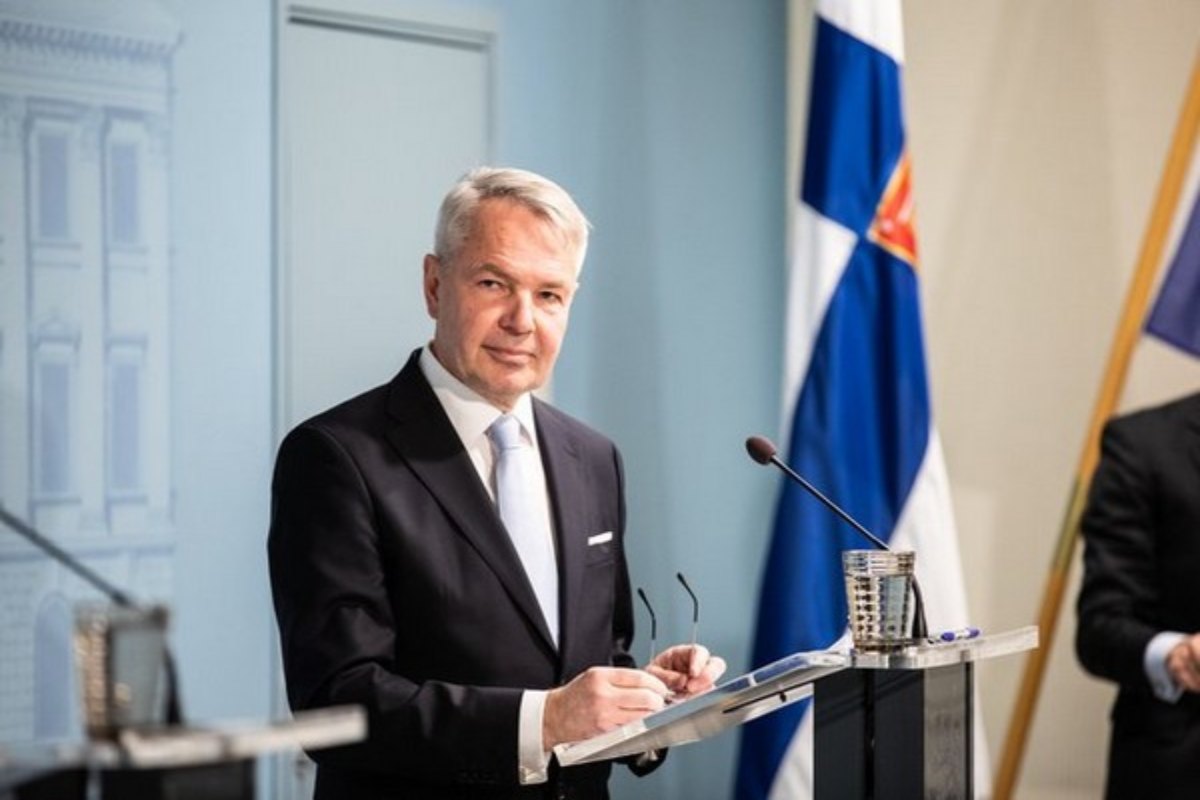Finland, a nation that has long held a stance of non- alignment, finds itself at a pivotal juncture as it navigates a new era in its foreign and security policy. The recent presidential election, which saw Alexander Stubb narrowly clinch the top spot in the first round, has set the stage for a run-off against Pekka Haavisto. This political showdown carries significant weight, not only for Finland but for the broader geopolitical landscape in the aftermath of Russia’s invasion of Ukraine. Mr Stubb, a centreright candidate and former Prime Minister, emphasises his pro-European and fiscally conservative stance.
In the wake of Finland’s recent accession to NATO, he presents himself not only as a poten- tial Finnish President but as a Western leader aligning with countries like the US, the UK, and Nordic neighbours in foreign policy. His victory would mark a notable shift in Finland’s traditionally neutral position, signalling a more assertive role within the Western defence alliance. On the other side of the ballot is Mr Haavisto, a member of the liberal Green Party and a human rights defender. Should he emerge victorious, Mr Haavisto would become Finland’s first openly gay head of state. His emphasis on human rights and peace negotiations suggests a nuanced approach to foreign policy, which stands in contrast to the robust posturing seen in Mr Stubb’s rhetoric.
Advertisement
The electorate’s response to these candidates reflects a divided sentiment within Finnish society. Mr Stubb’s appeal lies in his perceived cosmopolitanism and adeptness in foreign relations. His supporters believe he has the qualities to navigate the complexities of the war in Ukraine and its repercussions. However, scepticism exists, with critics questioning Mr Stubb’s commitment to representing the people over self-interest. Conversely, Mr Haavisto draws support for his track record as a human rights advocate and peace negotiator. His left-leaning liberal perspective resonates with those who seek a more nuanced and diplomatic approach to foreign relations. However, the recent hardening of dis- course, particularly concerning Russia, poses a challenge for Mr Haavisto, as he attempts to balance liberal values with the demands of a tougher stance that the current narrative demands.
The stakes are high not only for Finland. With tensions escalating between Finland and Russia, the next President will play a crucial role in defining the nation’s response. Both candidates, despite their differences, share a commitment to supporting Ukraine and advocate measures against Russia.
This unity on a critical geopolitical issue underscores the seriousness with which Finland approaches its evolving role in the international arena. As the campaign unfolds, it becomes evident that the candidates are adapting their positions to align with the prevailing discourse. Mr Haavisto, known for his liberal leanings, finds himself compelled to adopt a more assertive stance on Russia to maintain credibility in the current political climate. This shift reflects the challenges faced by left-wing liberals in a landscape dominated by right-wing conservatives.
